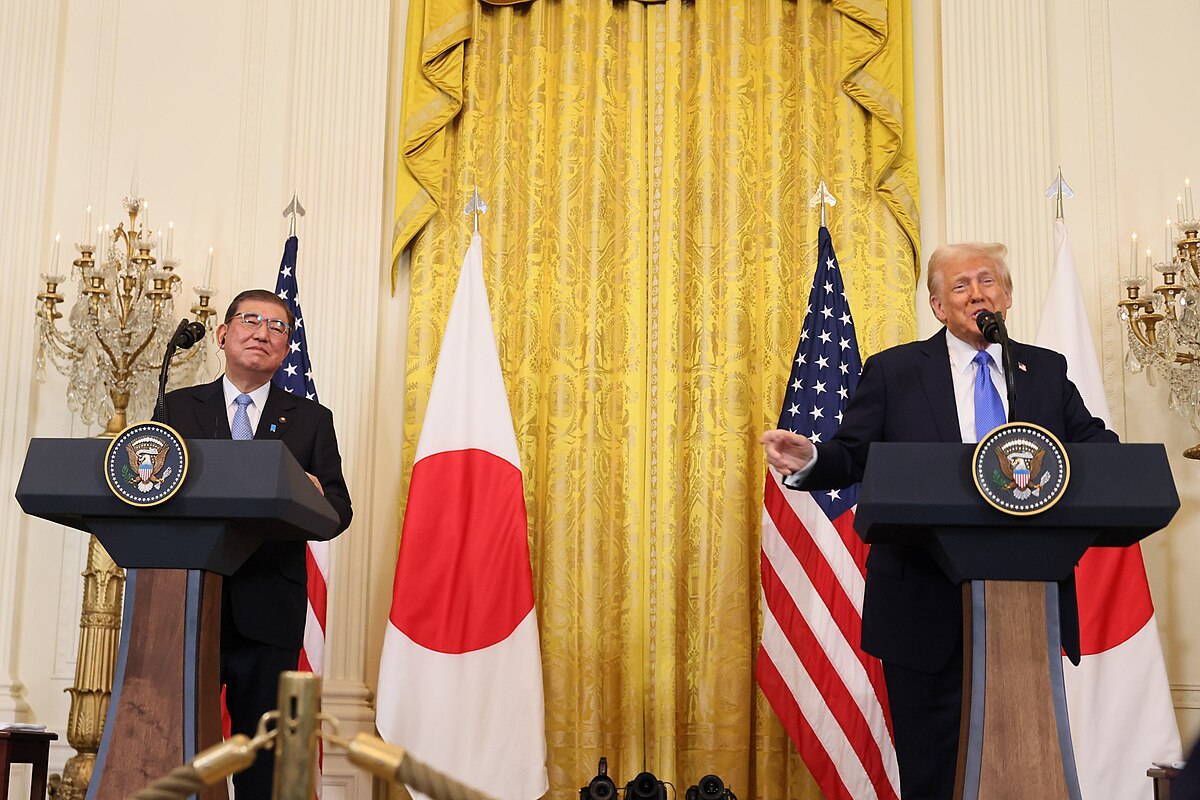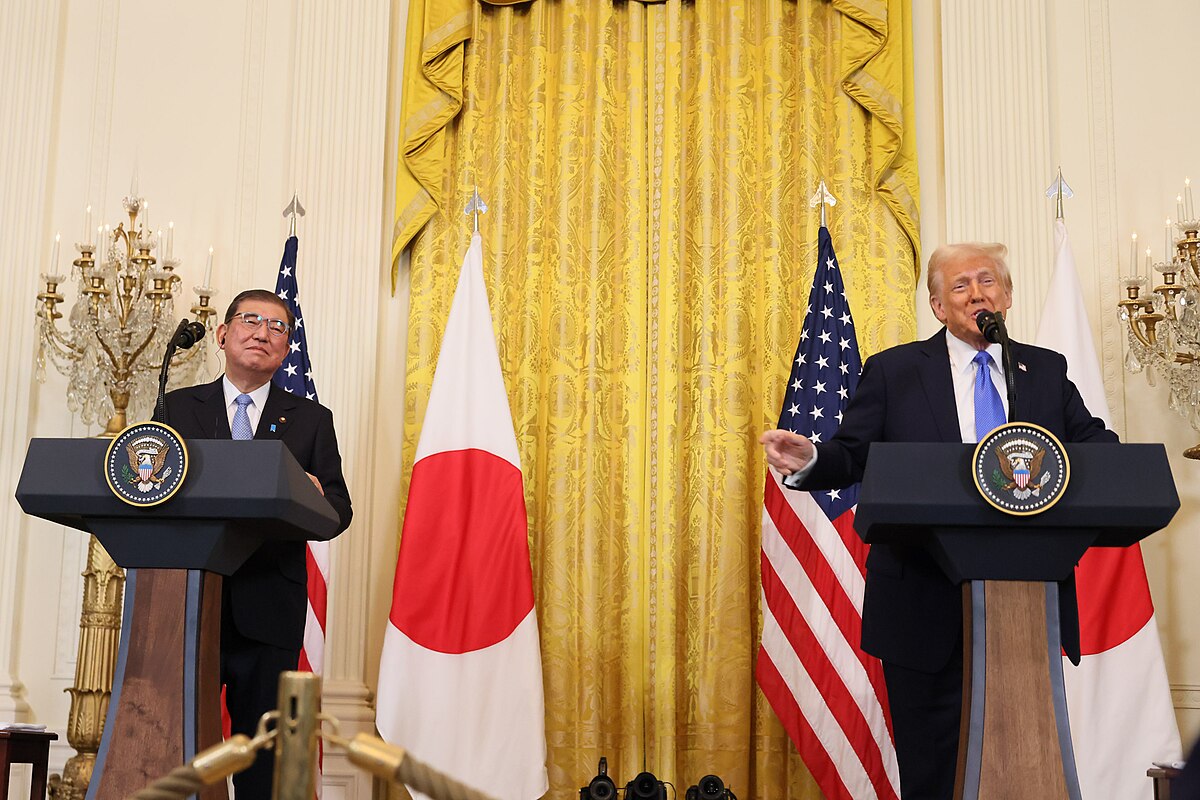President Donald Trump’s efforts to bolster U.S. allies’ defense budgets in East Asia face significant challenges amid political instability in the region. Recent electoral outcomes in Taiwan, Japan, and South Korea complicate the administration’s push for increased military spending to counter China’s growing influence.
Under Secretary of Defense for Policy Elbridge Colby emphasized the need for allies to enhance their defense capabilities. In an August 15 tweet, he stated, “It’s common sense that all allies, especially in Asia, need to pull their weight. That’s how we get peace through strength and sustainable collective defense.”
Colby’s remarks align with the Trump administration’s broader strategy to encourage nations in the Indo-Pacific to take a more proactive stance against perceived threats from China. This strategy has gained urgency as China, under President Xi Jinping, has expanded its military presence and engaged in aggressive maneuvers in the region.
In Taiwan, President Lai Ching-te has proposed a 23 percent increase in the island’s defense budget for the upcoming year, aiming to raise spending to over 3.3 percent of GDP. This proposal reflects pressure from U.S. officials, including Colby, to deter potential Chinese aggression. However, the plan faces hurdles as it requires approval from the Yuan legislature, which is currently controlled by the opposition Kuomintang party, known for its more favorable stance toward China.
“The KMT-run parliament froze billions of dollars’ worth of defense spending earlier this year, raising doubts about their willingness to support Lai’s proposed increases,” said a political analyst familiar with Taiwan’s defense policy.
Japan is experiencing similar uncertainties. The ruling Liberal Democratic Party, which has traditionally supported increased defense spending, recently lost ground in elections for the upper house of parliament. Prime Minister Shigeru Ishiba has advocated for higher military expenditures to address threats from China and North Korea, but the political instability following the party’s electoral losses raises questions about future funding.
In South Korea, a recent leadership change has introduced further complications. Following the impeachment of conservative President Yoon Suk Yeol, liberal Lee Jae-myung was elected. Lee’s administration is perceived as more pro-China, which could affect Trump’s desire for Seoul to increase its military spending. Lee is scheduled to meet Trump for their first summit in Washington this week, where defense spending will likely be a topic of discussion.
The Trump administration has been credited with recognizing the growing threat posed by China and advocating for a free and open Indo-Pacific. However, critics argue that domestic political challenges in these nations may hinder their ability to respond effectively to U.S. calls for increased defense spending.
“Getting America’s partners to overcome their domestic hurdles and get on board with this venture is going to require continued pressure and high-level negotiations from the president and his administration,” said a former U.S. diplomat specializing in Asian affairs.
As the geopolitical landscape continues to evolve, the effectiveness of Trump’s strategy will depend on the ability of these nations to navigate their internal politics while addressing external threats. The administration’s approach will be closely watched as it seeks to maintain stability and security in the Indo-Pacific region amidst these challenges.
READ ICE Arrests Convicted Criminals in Nationwide Operation

